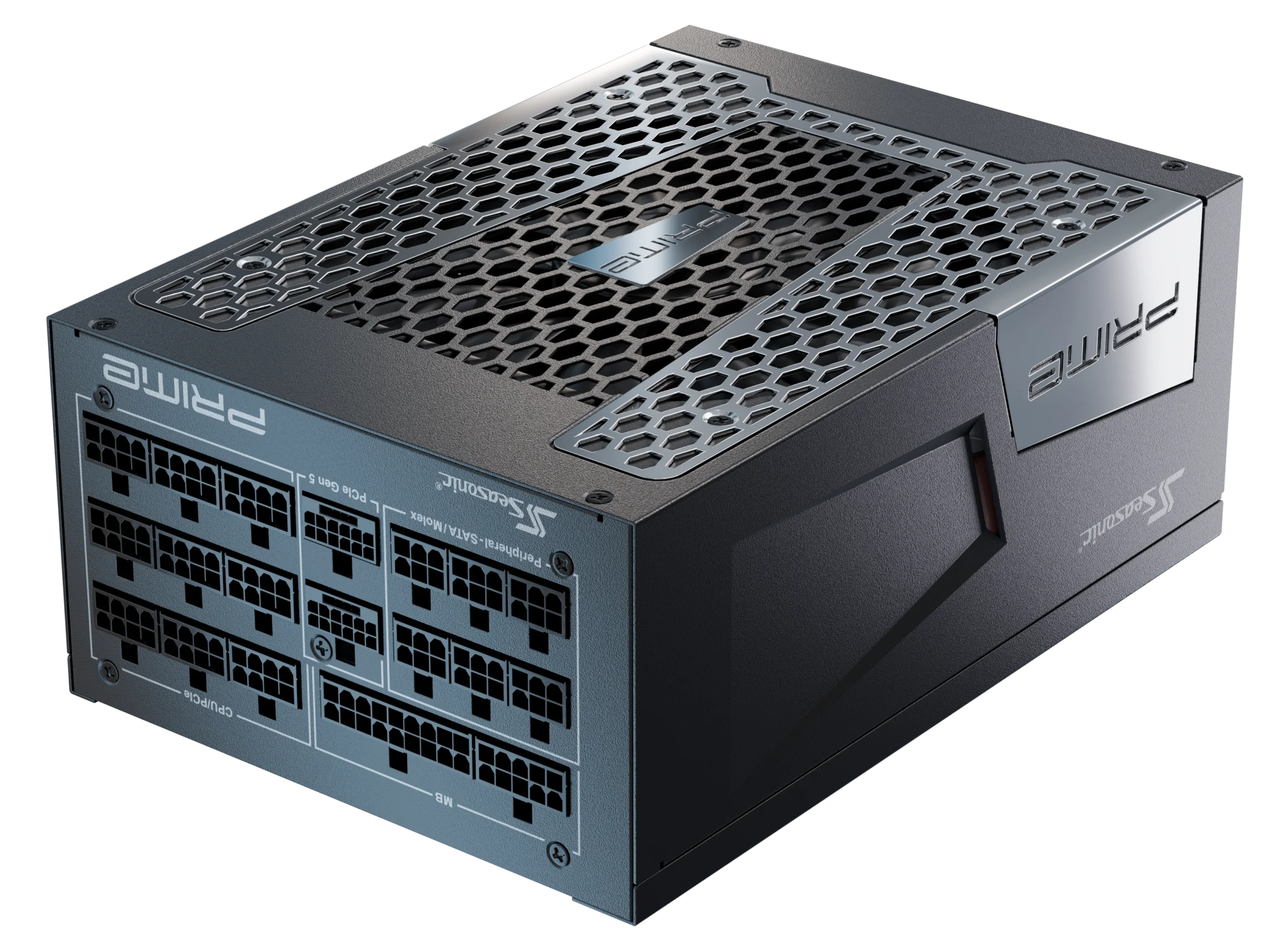Seasonic, a top power supply manufacturer, accidentally revealed important information about the power requirements for Nvidia’s upcoming RTX 50 series graphics cards. According to Seasonic’s website, the new GPUs may need more power than the previous models. For example, the RTX 5090 is expected to have a TDP of 500W, which is much higher than before. Seasonic’s power supply calculator gives gamers an early look at what to expect from the new generation of graphics cards.
The Nvidia RTX 50 series, also known as “Blackwell,” continues to push the envelope in gaming performance. Seasonic’s leak covers the entire line, from the high-end RTX 5090 to the more budget-friendly RTX 5050. This means gamers at all levels now have a better idea of the power supply they will need for their setups. Knowing the exact power needs helps in making better decisions about PSU upgrades.
These power consumption figures are crucial for anyone planning to upgrade. Seasonic’s info ensures gamers won’t experience power issues. With these leaks, enthusiasts can start planning their next builds, ensuring they have the right power supplies to support these powerful new GPUs.
Seasonic’s Surprise Slip-Up: What It Means for Your Next PC Build
Power supply manufacturer Seasonic may have inadvertently revealed the power demands of Nvidia’s upcoming RTX 50 series graphics cards. These figures, briefly displayed on Seasonic’s online wattage calculator, hint at a significant jump in power consumption compared to the current generation.
Leaked Power Requirements
| GPU Model | Estimated TDP (W) |
|---|---|
| RTX 5090 | 500 |
| RTX 5080 | 350 |
| RTX 5070 | 220 |
| RTX 5060 | 170 |
| RTX 5050 | 100 |
What This Means for You
If these figures hold true, it means you might need a beefier power supply than you initially thought to run an RTX 50 series card. A 500W PSU might be the bare minimum for the RTX 5090, while the RTX 5080 could push a 750W unit to its limits.
Keep in mind, these are just estimates. Nvidia hasn’t officially confirmed the power requirements of its RTX 50 series cards. It’s always best to wait for official figures before making any major purchasing decisions.
Why Power Consumption Matters
Higher power consumption doesn’t just mean a bigger electricity bill. It also means more heat, which could lead to higher fan noise and potentially shorter component lifespans. Choosing the right power supply is crucial for the stability and longevity of your PC.
Key Takeaways
- Seasonic has leaked Nvidia RTX 50 series PSU requirements.
- RTX 5090 has a TDP of 500W.
- Planning PSU upgrades is now easier with this information.
Understanding the RTX 50 Series Power Demands
The Nvidia RTX 50 Series, powered by Blackwell architecture, shows impressive specifications that impact power demands. Seasonic’s leaks offer insights into the wattage needed for these GPUs.
Technical Specifications and TDP Analysis
The RTX 50 Series includes the RTX 5090, RTX 5080, RTX 5070, RTX 5060, and RTX 5050. The flagship RTX 5090 has a 500W TDP which is significant compared to previous generations. The RTX 5080 also requires ample power with a TDP of 400W.
A crucial detail is the power consumption of these GPUs. Each model uses a 16-pin connector with a 12VHPWR design. This type of connector supports high wattage, ensuring stable performance. The use of GDDR7 memory, especially in high-end models like the RTX 5090, is an important factor for power-intensive gaming and AI tasks.
Optimal PSU Selection for RTX 50 Series
Selecting the right PSU is critical for optimal performance. Seasonic’s PSU wattage calculator provides valuable guidelines. For the RTX 5090, a PSU with at least 850W is recommended. The RTX 5080 may need around 750W.
It is essential to consider the power supply’s quality. A reliable, high-efficiency PSU ensures that the GPU runs smoothly without interruptions. Gamers and AI professionals should look for PSUs with ample wattage and quality certifications.
Seasonic, being a reputable PSU manufacturer, offers various models suited for these power needs. Their wattage calculator helps consumers pick the right PSU, factoring in the overall system requirements.







